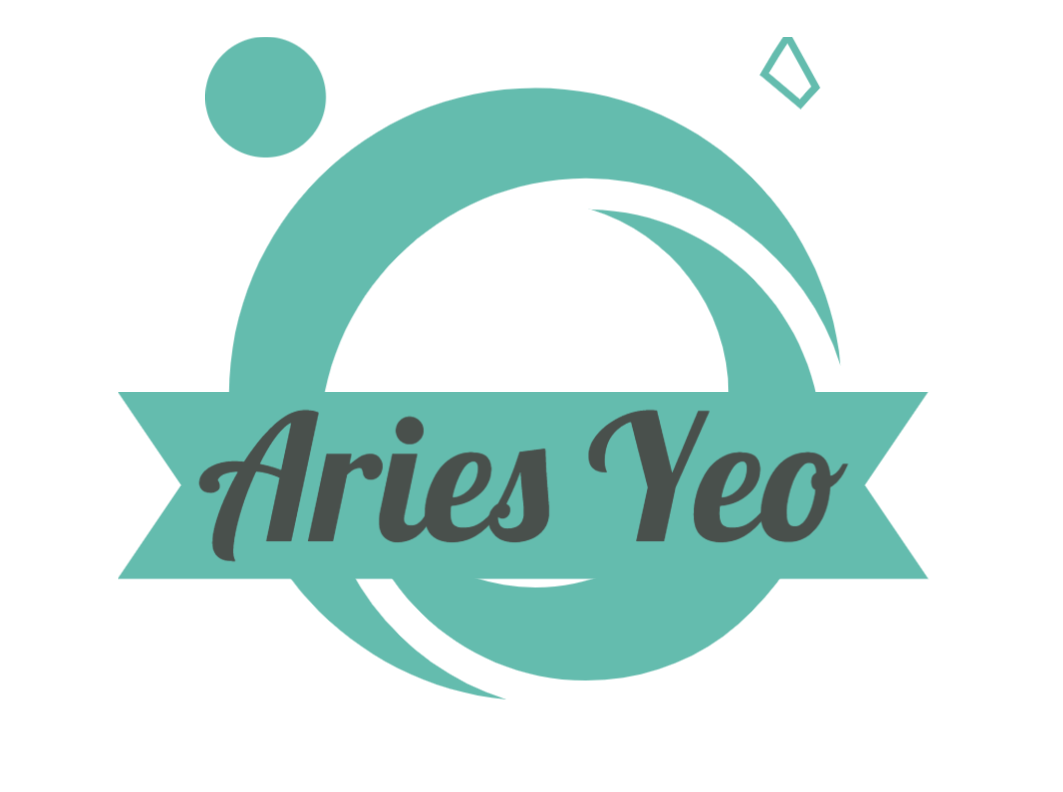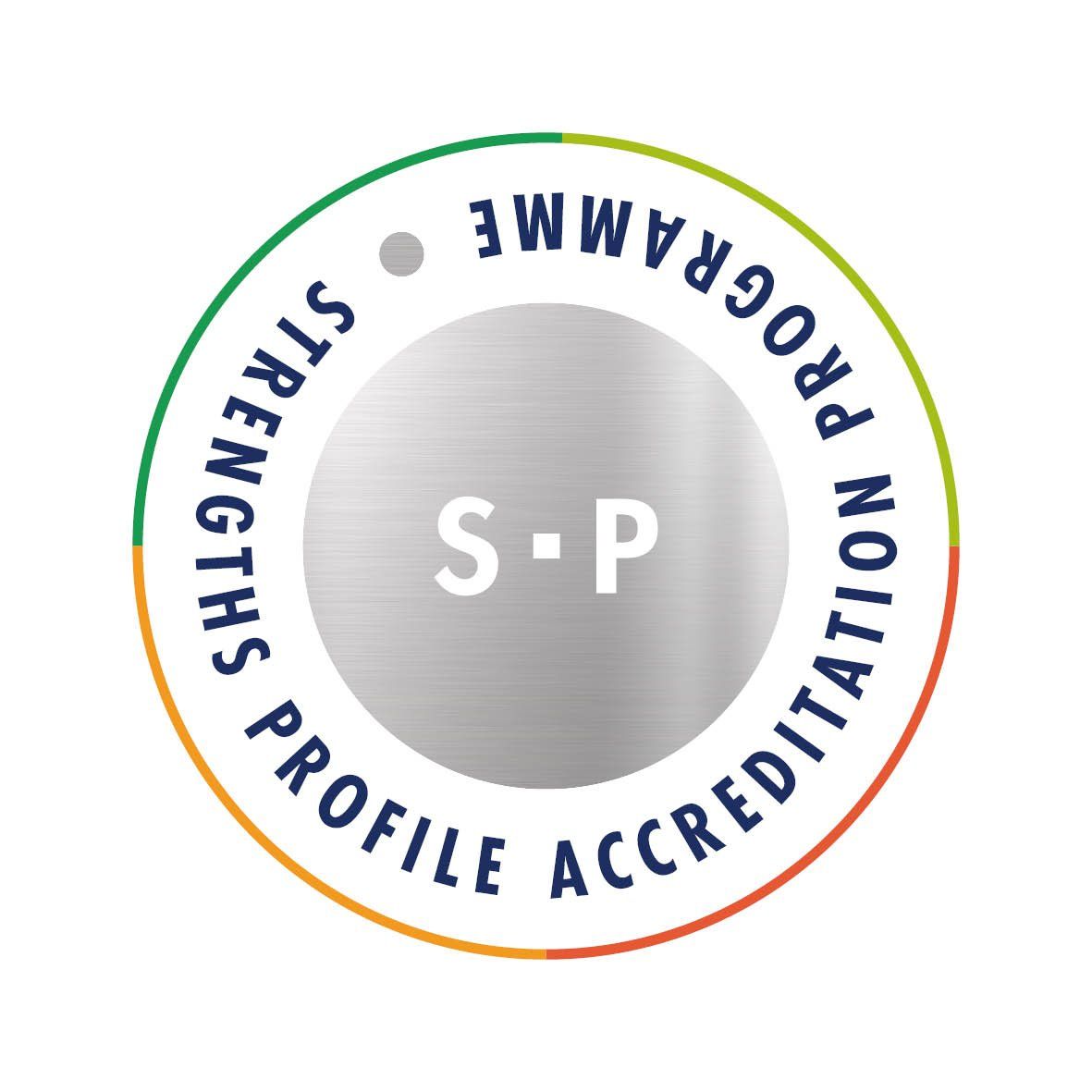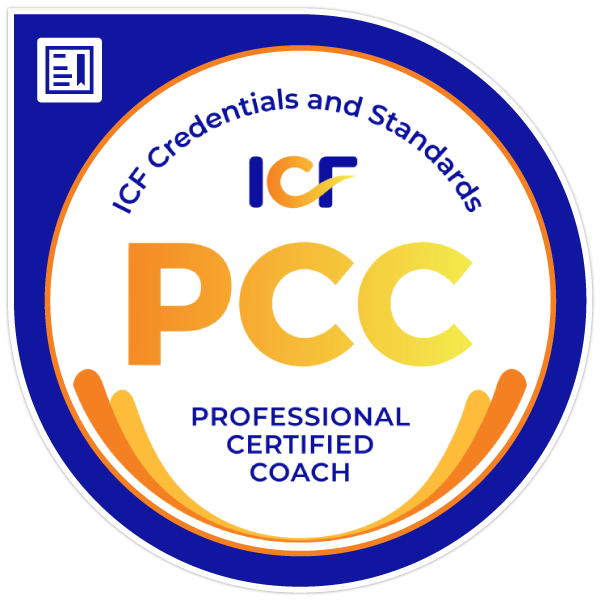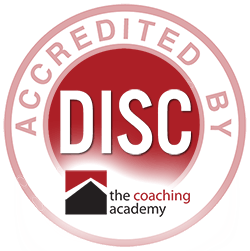Awareness of SELF
Aries Yeo • December 5, 2019
Awareness of SELF
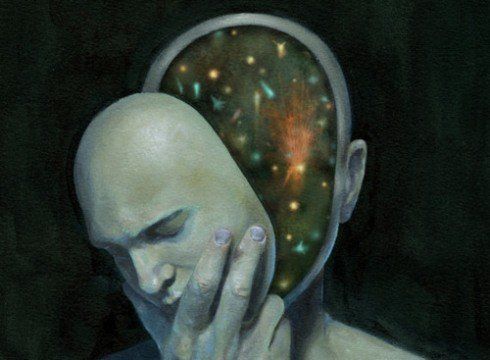
What is awareness?
Is there a difference between a general awareness vs self awareness.
To be aware is to understand your environment, the ability to perceive things as they are
While self awareness is recognising those internal factors that distorts one own perceptions of the reality and the ability to control it.
We often see people question about their misfortunate, life fairness, why things are happening to me??? The list can go on.
We all know that when we look at the half filled glass – what we see can be either half full or half empty. For this is very much driven by our personal perspective! For some it is half full while others they seem to be only able to see as half empty. Neither is wrong as its about personal perception.
Self-awareness (sometimes also referred to as self-knowledge or introspection) is about understanding your own needs, desires, failings, habits, and everything else that makes you the unique individual that you are. The more you know about yourself, the better you are at adapting to life's changes. When we have a better understanding of ourselves, we are able to experience ourselves as unique and separate individuals. This empowers us to make changes and build on our areas of strength, as well as identify areas where we would like to make improvements. Self-awareness is often the first step to setting goals. For not knowing ourselves means we set unrealistic goals, and subsequently beat ourselves to it for not achieving or eventually gave up on setting goals.
self-awareness allows an individual to appreciate the strengths and weaknesses of one’s own character. Realizing this will enable one to take actions, and make choices and decisions that are consistent with their own abilities. It is important to put the time in – self-awareness is not learned in a book, but achieved through self-reflection by using what you have learned about yourself to inform decisions, behaviors, and interactions with other people
Edward Deci & Richard Ryan (University of Rochester) have shown that the primary driver for all species (not just just human) is the drive for autonomy. However, to be in-charge of our own destiny we need to know ourselves, the self awareness otherwise we let others to be the driver of our life – to determine where we are going and what we are doing.
Some techniques that can help you, or your clients if you are a therapist, become more self-aware include:
• Take psychometric tests
• Attend some awareness workshops such as Emotional Intelligence, Body Intelligence, etc
• Journaling, where one reflects on one’s experiences by writing about them outside the therapy session. Such insights can make therapy more effective.
• Bibliotherapy, including self-help books, especially those recommended by one’s therapist or coaches because they are particularly insightful, where some are based on sound research.
• Art therapies and sand trays, where one creates images or arranges figures and objects that bring the playful imagination of childhood into greater awareness for self-discovery and healing.
• Being Mindful, you can attend some formal mindfulness courses like MBCT for depression and anxiety or MBSR for general stress. Mindfulness is a simple yet powerful practice of training our attention. It’s simple in that it’s really just about paying attention to what’s happening here and now (i.e. sensations, thoughts, and emotions) in a non-judgemental way.
• Group therapies/ coaching, where one’s self-awareness is enhanced by feedback from others and by hearing others’ similar experiences. One’s social interactions are also observed “live,” so the therapist / coach and group can address them.
• A deep one-to-one conversation with a coach to nagivate emotions, thoughts that you have not allowed yourself to explore in the past.
